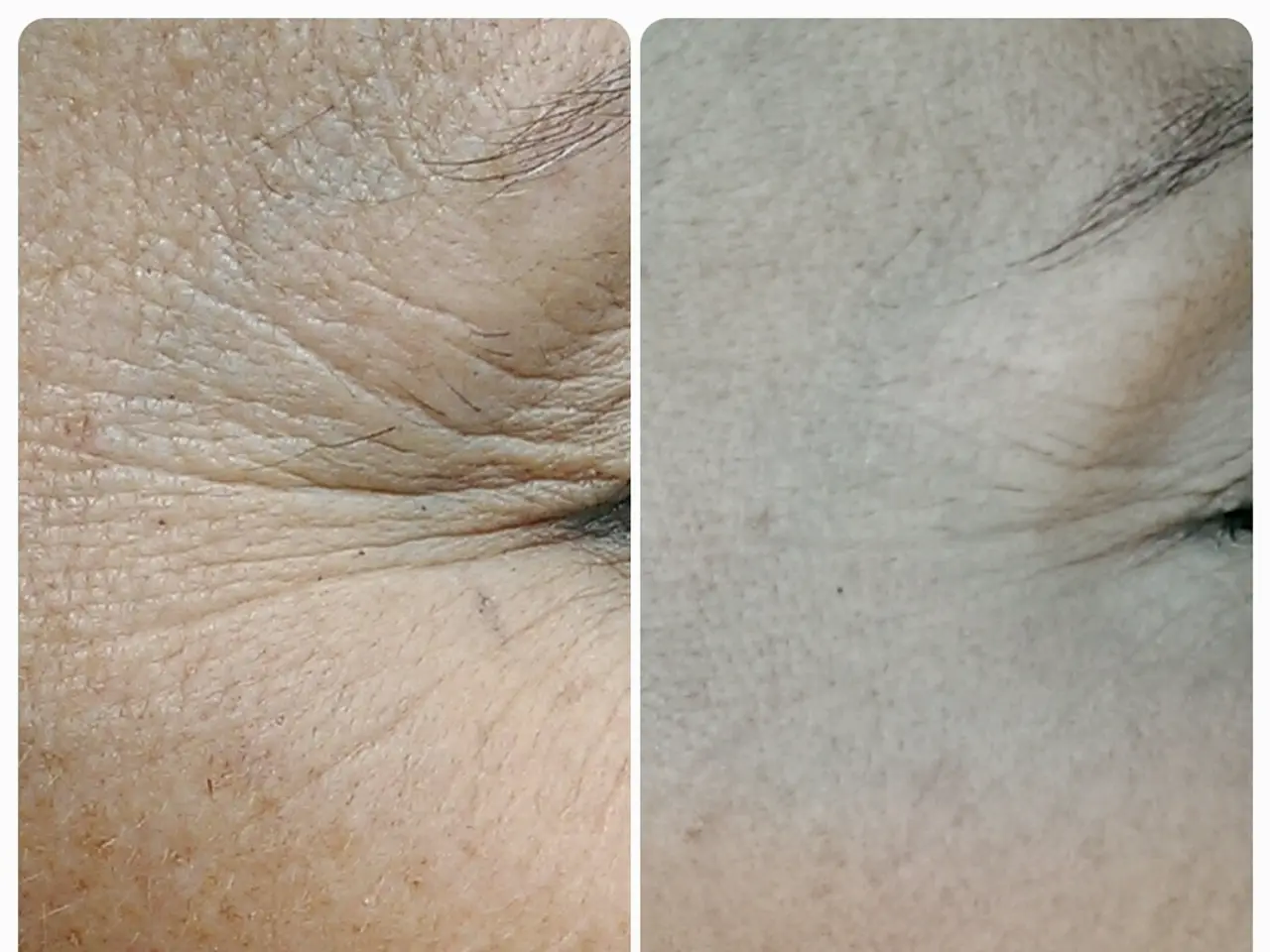A wearable device for every American: Experts contend that this won't resolve the nation's health predicament.
The United States Department of Health and Human Services (HHS) has announced a significant public awareness campaign aimed at promoting the use of wearable health technology. Led by Secretary Robert Kennedy, the campaign seeks to revolutionize American health management by encouraging widespread adoption of wearable devices within the next four years.
The HHS's plan, dubbed the Making America Healthy Again (MAHA) agenda, focuses on devices such as continuous glucose monitors, heart rate monitors, and fitness watches. These devices are expected to provide real-time health data, empowering patients to self-manage chronic diseases like diabetes or hypertension more effectively.
Secretary Kennedy envisions a future where every American is wearing a wearable, integrating these devices into daily health management. By giving individuals direct access to their health metrics, the initiative aims to enable better self-management, reduce healthcare costs, and prevent complications through timely interventions.
Wearable technologies offer numerous benefits, including continuous health monitoring outside clinical settings. This data can help doctors tailor treatments dynamically, support lifestyle adjustments, and even play a crucial role during public health crises like COVID-19 by detecting infections and tracking their spread.
However, the campaign also faces several challenges. Concerns about equitable access to these devices have been raised, particularly for lower-income populations. Data privacy is another key issue, with patient advocacy groups urging HHS to implement fundamental safeguards to protect health data collected from wearables.
Mental health impacts are also a concern, as frequent alerts, sensors, and data streams from wearables could potentially cause anxiety or alert fatigue. Regulatory and interoperability issues must also be addressed to ensure seamless integration with clinical systems and the provision of reliable, actionable data.
Dr. Eduardo Sanchez, M.D., FAHA, emphasizes the value of wearables in providing health insights and increasing awareness. However, he warns that mass-market wearable devices should be seen as health guides, not medical devices. Awareness and education about the data collected by smartwatches are essential for interpreting and taking appropriate action.
Consultation with a healthcare expert is crucial for interpreting biomarker data collected by wearables and making meaningful lifestyle changes. Despite concerns about accuracy, particularly with light-based sensors on various skin tones and tattoos, smartwatches can still detect irregular heart rhythms, which can be a sign of serious health conditions requiring expert medical attention.
The focus of the HHS's plan is on awareness and intervention, rather than curing diseases. Wearable devices can track various biomarkers and workout progress, helping to inculcate good habits for long-term health benefits. They can also help people track heart activity, sleep habits, and activity patterns, contributing to a healthy lifestyle.
In conclusion, HHS's campaign seeks to popularize wearable health technology as a transformative tool for chronic disease management and overall public health improvement. While the plan shows promise in empowering patients and cutting costs, it requires careful attention to accessibility, privacy protections, mental health impacts, and regulatory frameworks to realize its full potential.
- The ongoing HHS's campaign, known as the Making America Healthy Again (MAHA) agenda, is advocating for the utilization of technology gadgets like wearables such as continuous glucose monitors, heart rate monitors, and fitness watches, aiming to gather real-time health data that will empower patients to self-manage chronic diseases like diabetes or hypertension more effectively.
- Secretary Kennedy foresees a future where Americans adopt wearables for daily health management, as these devices can provide valuable health insights and increase public awareness of their health status, ultimately contributing to better health and wellness through preventive measures, self-care, and a focus on overall well-being.




